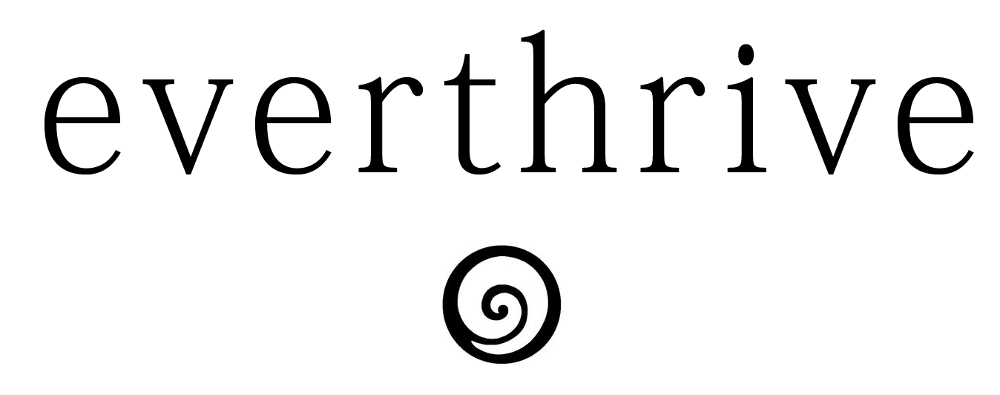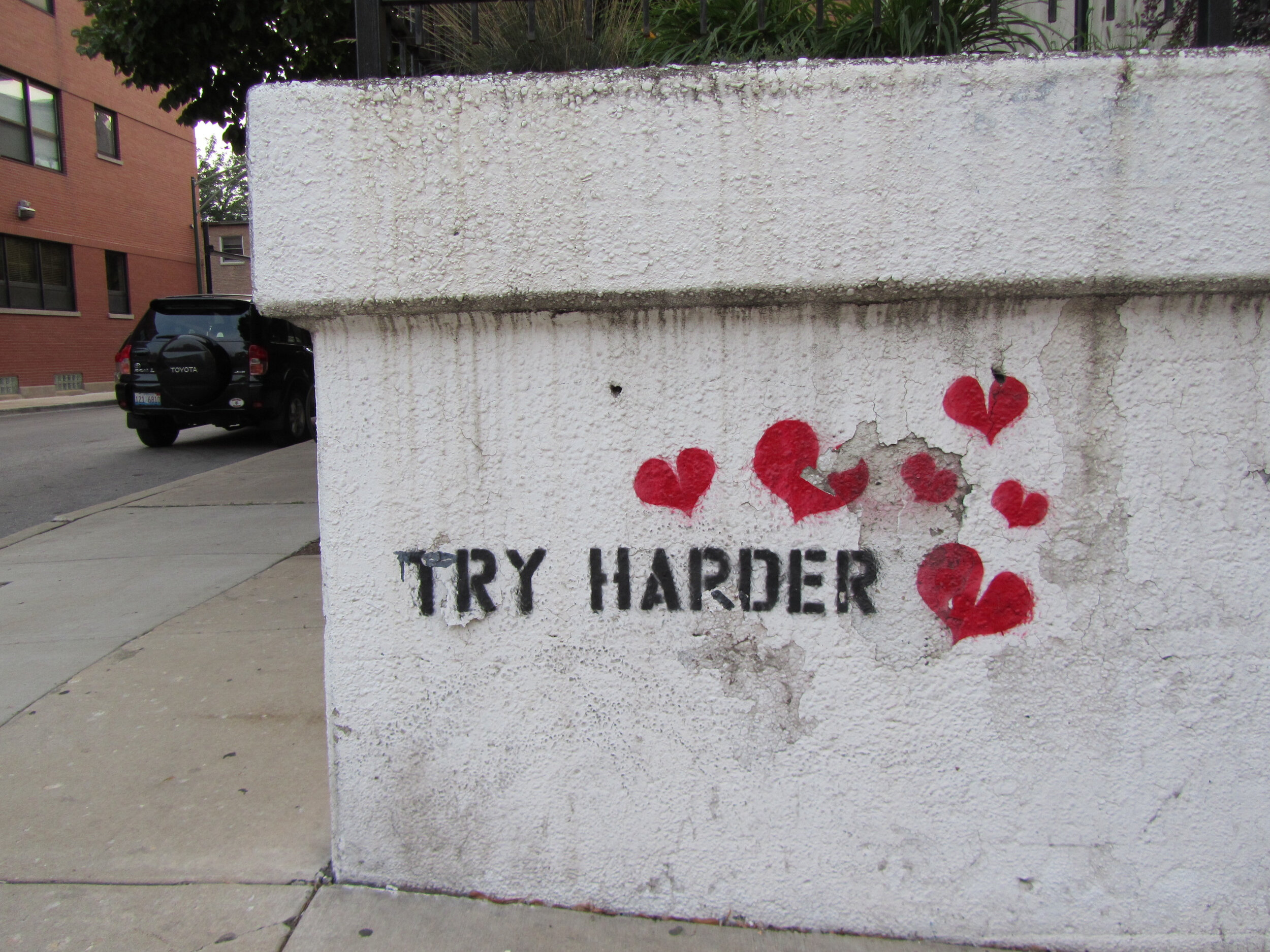Breaking News: Phones Don't Deliver Actual Human Connection
In the four months we’ve been “Safer at Home,” I’ve been using my phone much more often than I previously allowed myself. Text messages, Instagram Direct Messages, FaceBook comments, Messenger notifications, WhatsApp...I get little dopamine boosts from all of that. And I feel that familiar deflated loneliness after checking all my sources and there’s nothing left. As a self-proclaimed digital minimal-ish person, my overuse of technology feels very hypocritical.
I’ve done all I can to limit my digital exposure already: I only follow immediate family and very close friends on Facebook, I’ve muted most Instagram stories, and I maintain strict “Do Not Disturb Hours.” Despite these measures, I feel the siren call of my phone more than ever.
“Dancers,” Denver’s Performing Arts Sculpture Park (Cornish, 2016)
We reach for human connection, but we’re really just reaching for tiny computers with cameras.
The desire for human connection is so powerful that I’ve become confused. I reach for my phone to fulfill my need to authentically connect with people. But, I’m really just reaching for a sophisticated, tiny computer with a camera.
While seeking freedom from society and conformity, Christopher McCandless came to the realization that "happiness is only real when shared."
But, what happens when we’re not able to physically share our lives with our loved ones? I’m not alone in my reliance on social media and text messages to replace my need for actual human connection.
It’s a very human trait to seek other people to share our lives with. Eventually the COVID-19 pandemic will subside and we’ll be left to deal with the aftermath. But, there’s also the question of how we’re coping in the meantime.
As we continue to reach for authentic human connection via our phones, we’re doing prolonged damage to our bodies and minds, as well as and setting up poor digital habits for the future.
Who should we give our hearts to? Our phones or our friends? Street art, Denver (Cornish, 2016)
More than ever, we’re personifying our cellular devices.
We go to them, we coddle them, and we carefully bathe them in disinfectant. We reach in our pockets and purses just to feel the hope of future connections. We personalize their voices, ringtones, alerts, and notifications so that they reflect our personalities. Some of us tuck our phones in at night, happily laying them next to us on our pillows, unaware of the harm that we might be unintentionally doing to ourselves.
Did you know that 71% of Americans sleep with or sleep next to their phones? And, when you look at the younger generations, the percentage can be up to 90%? Why?
Many people (myself included) don’t have an external alarm clock - we use our phones. So, it’s convenient to have them next to the bed so we can turn them off in the morning.
Phones and mobile devices are also used for entertainment before bed. Many people read on their phones, catch up on the news or social media, or watch videos before bed.
Lots of people like the comfort of their nearby devices to fill an unconscious need for connection, and to deflect the dreaded Fear of Missing Out (FOMO). The idea here is, if our phones are out of the room, we might miss something! Even while we are sleeping!
Many may suffer from actual cell-phone addiction. Often referred to as “problematic mobile phone use,” cell-phone addiction is similar to other addictions such as gambling, shopping, or video-game addiction. This can lead to some really severe consequences.
Applications on our mobile devices fool us into thinking that they are delivering actual human connection.
There hasn’t been enough time to study long term effects of phone use, since “smart phones” haven’t been around for long enough.
What studies have shown, however, is that phones emit electromagnetic radiation, or EMF, along with several other sources of radiation. Cell signals, WiFi, Bluetooth, and GPS all emit subtle radiation from our phones.
For these reasons, it’s not a great idea to sleep with your phone. If there is some truth to these recent studies, it’s best that we shield ourselves from these harmful things as much as possible. But, if you must sleep near your phone, please turn your phone to airplane mode. This greatly reduces and may even eliminate the signals coming from our phones.
Use airplane mode to reduce distractions and harmful radiation
Control your phone; don’t let it control you.
If you, like me, are feeling powerless to the lure of your device, don’t beat yourself up. It’s a weird time. But, do take certain measures to make sure you rely on healthy methods of connection.
How to take back control of your device:
Keep your phone on silent when you don’t need to use it.
Enable Do Not Disturb Mode for evening hours.
Make use of Airplane Mode even when you’re not on an airplane. This saves battery and reduces harm to our minds and bodies.
If you have it, enable Nighttime Mode to reduce blue light exposure. The idea here is that exposing ourselves to too much blue light can adversely effect sleep.
Choose to read a book instead of using a phone before bed. Screens block melatonin secretion. Melatonin is a hormone essential for sleep. When we use our phones before bed, we don't feel tired; instead, we feel activated and awake. Our quality of sleep can be improved when we choose to do something else other than reach for our phones.
Seek out fulfilling ways to connect with family and friends. We can set up a socially-distanced get together in an outdoor space; we could use the “phone” capability of our phones to actually call family and friends instead of text messaging. We can also schedule video calls at a time when blue light exposure won’t mess with sleep; or, we can create and send handwritten letters or little care packages to loved ones: it’s a great way to maintain and rejuvenate important relationships.
Street art, Wicker Park Chicago (Cornish, 2009)
Gaining control of our devices can help us connect with the important things in life.
Putting boundaries in place between ourselves and technology can enhance our productivity, (re)build our faculties of concentration, strengthen the important relationships in our lives, and improve our overall well-being and health.
Have you been reaching for your phone a lot more during the COVID-19 pandemic? If so, how have you been able to find a middle ground? I’d love to hear your thoughts. Please leave a comment below or share via email at ali.everthrive@gmail.com.
With gratitude always,
Ali











